February 24, 2022
4:34 pm
LIVE – Russian invasion of Ukraine
Catch up on the headlines from Russia and Ukraine with our Live reporting from Ukraine.
You can follow all the news as it comes in – Live reporting invasion from Ukraine.
Save the page.
Russia’s invasion of Ukraine has attracted an incredible amount of propaganda and fake news stories.
The people who are suffering are the Ukrainians who have been displaced, killed and captured. No-one disagrees with that.
But so many people are suggesting that their is an endgame that is involves Russian sanctions and isolation.
The cost of the war in Ukraine
Whilst Ukraine will be left in ruins and in need of a rebuild. The unfortunate cost of the war will leave the country with debt for the arms that have been supplied by the United States and being used as a proxy for the US.
Russia has a perspective which is monitored and blocked by major search engines.
Ukraine and specifically the President Zelensky is on a PR war. Rallying as many world leaders to join to condemn the Russian invasion.
Will Ukraine join NATO?
The questions everyone is still asking is Will Ukraine be able to join NATO and the EU.
And if that happens will Russia take this war to the next level.
On the Ground reporting from WTX News
Follow WTX News for the latest news from the ground in Ukraine.
We have staff and reporters on the ground in Ukraine who are reporting to us around the clock.
YouTube
You can also follow our YouTube Channel, where we bring you a constant stream of videos from the European Union.
On WTX News EU – A new channel after our last one was banned, for sharing the Truth about the War.
Ukraine has destroyed second Russian bridge
- Ukraine has destroyed second Russian bridge within a week
- Aerial footage shows strike on bridge over the Seym River in Zvannoe
- Zelensky says incursion aims to create a “buffer zone” to prevent Russian attacks
- This marks nearly two weeks since Ukraine launched its largest offensive on Russian soil since the invasion began in 2022
- Moscow has condemned the incursion as a major provocation and promised a “worthy response”
Ukraine has destroyed second Russian bridge
Ukraine has destroyed a second strategic bridge in Russia’s Kursk region within a week as it continues its incursion into Russian territory. The Ukrainian military released aerial footage showing a strike on a bridge over the Seym River in Zvannoe, which left part of the structure destroyed. Ukrainian President Volodymyr Zelensky later confirmed that the incursion aims to create a “buffer zone” to prevent Russian attacks.
This marks nearly two weeks since Ukraine launched its largest offensive on Russian soil since the invasion began in 2022. Earlier, Ukraine had destroyed another key bridge over the Seym River near Glushkovo, which was used by Russia to supply its troops.
Military analysts had identified three critical bridges in the area, and two have now been destroyed or severely damaged. Zelensky announced that Ukrainian forces are strengthening their positions in Kursk and expanding further into Russian territory, signalling their intent to stay.
Ukraine has released footage, saying it has destroyed a second bridge in Russia's #Kursk region. On Sunday, Zelenskyy announced plans to create a "buffer zone" in Kursk. The Russian Defense Ministry said the situation in Kursk is under control. #Ukraine #Russia pic.twitter.com/G1crkWj4mz
— CGTN Global Watch (@GlobalWatchCGTN) August 19, 2024
Moscow has condemned the incursion as a major provocation and promised a “worthy response.” Meanwhile, Russian forces continue to make gains in eastern Ukraine, capturing several villages in recent weeks.
Diesel facility bursts into flames as Ukrainians strike 125 miles inside Russia
Diesel facility bursts into flames as Ukrainians strike 125 miles inside Russia
A key fuel facility 125 miles inside Russia has been targeted by Ukrainian troops as they keep up their pressure campaign on Vladimir Putin.
Video footage shows huge flames leaping from the Proletarsk diesel storage site in the Rostov region this morning.
At least five kamikaze drones are thought to have been used by Ukraine in the attack, which sought to damage Russia’s military supply lines.
The blaze was so immense that a fire-fighting train was sent to tackle it.


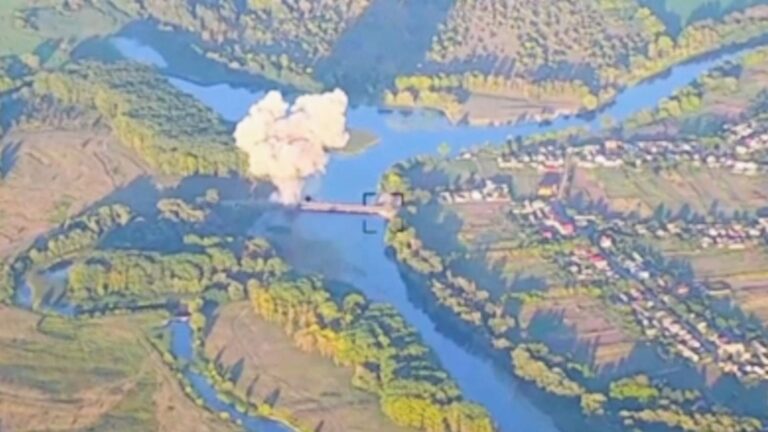
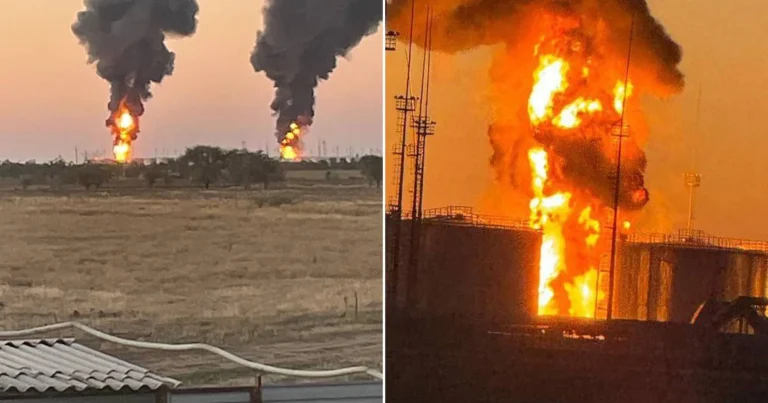
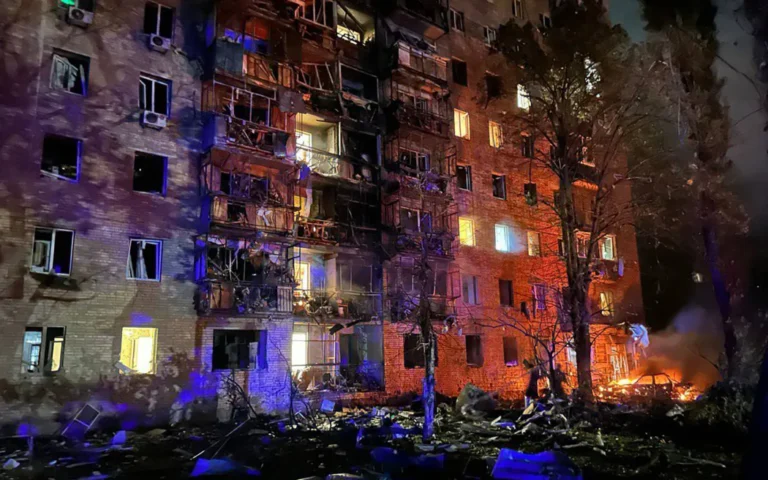
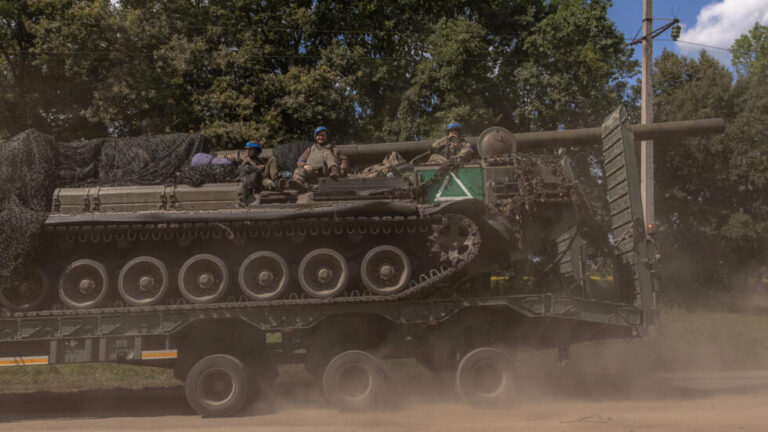
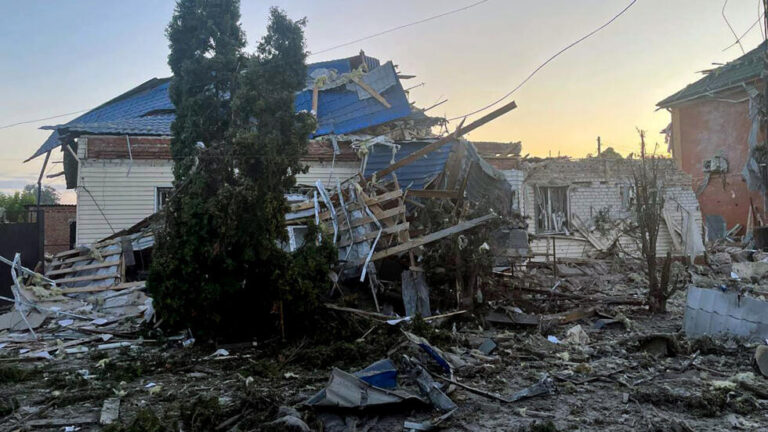
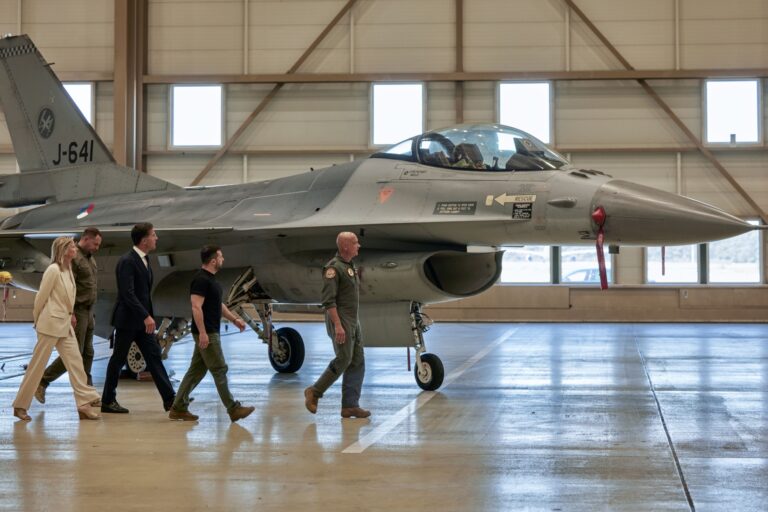
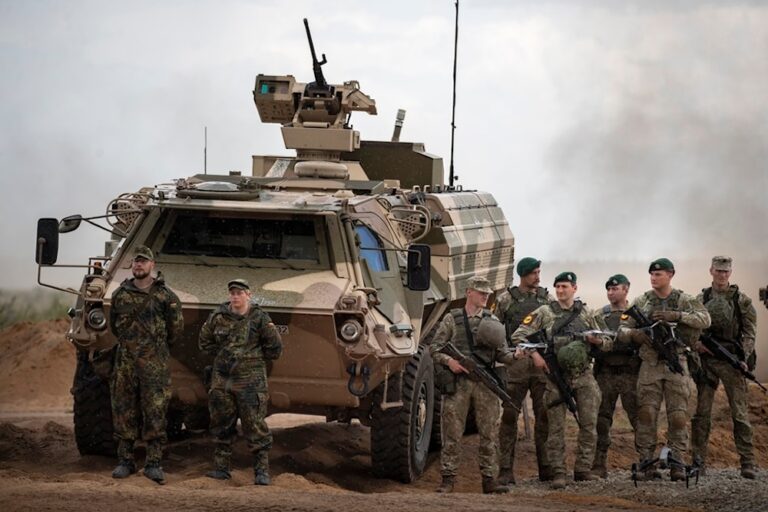
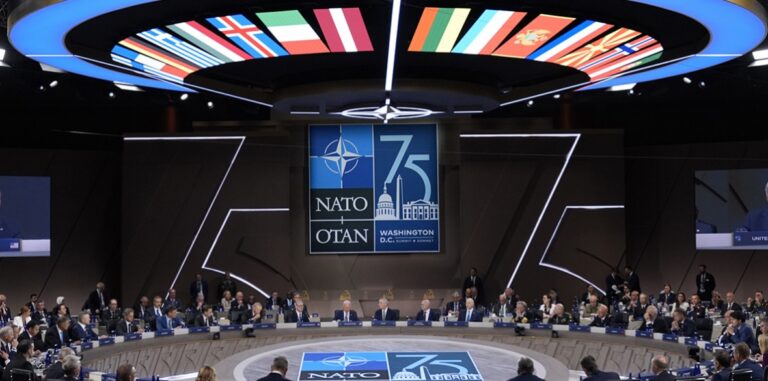
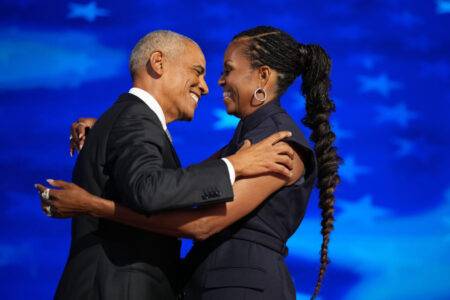
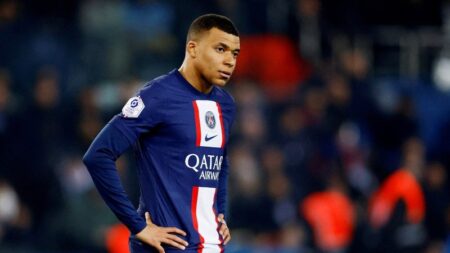
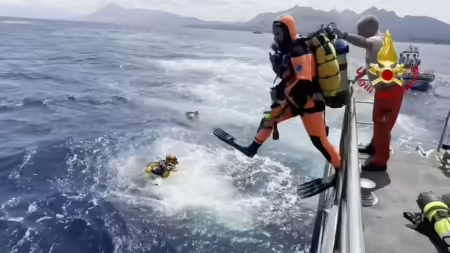
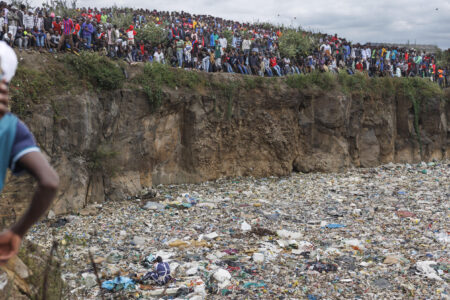

1 Comment
awesome – Thank you